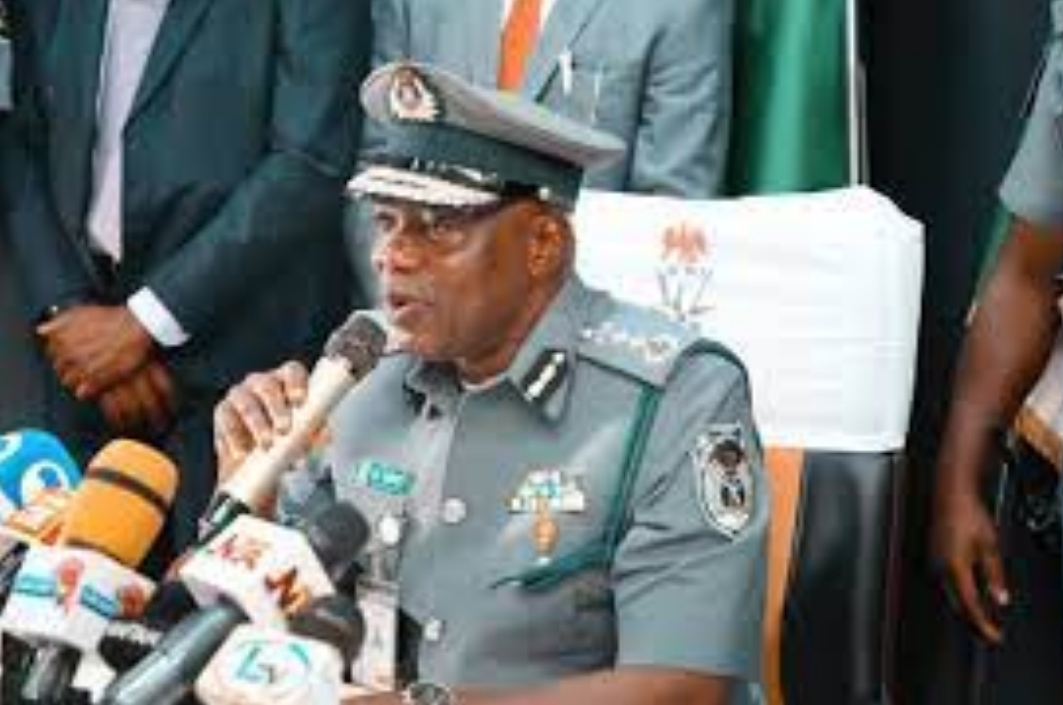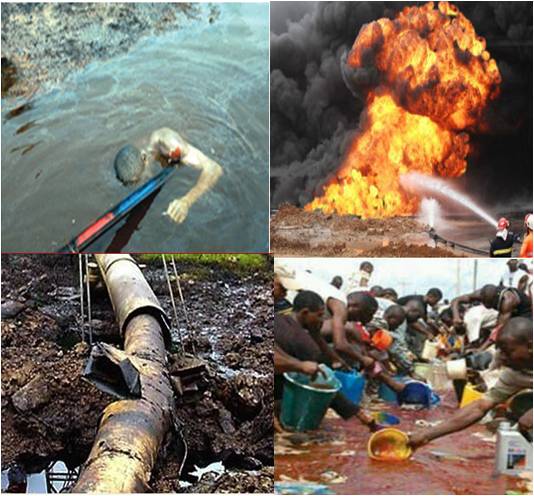NIMASA’s Strides In Maritime Education And Training
Historical accounts show that Nations with economic, technological and political stability and advancement give priority attention to the proper education and training of their citizens to unlock and utilize their potentials for the full development of their countries.
This is why it is very interesting to note the revolution in Nigeria’s maritime sub-sector’s educational and training advancement, aimed at contributing to the pool of well trained local and global Seafarers.
The Federal Government of Nigeria is responding positively to the deficiency of professional human capital and technology in the maritime domain through the institutional intervention of the Federal Ministry of Transport’s laudable educational policies and creation of the enabling environment for Nigerian Maritime Administration and Safety Agency‘s (NIMASA), funding and management of these education and training facilities.
The gap has placed Nigeria at a disadvantage in the global maritime economy thus compounding the country’s dependency on foreign nationals, institutions and operators who are currently dominating the industry.
Human capital development in the maritime sub-sector is central in President Jonathan’s Transformation Agenda of repositioning the sub-sector to more enviable heights. The President convened a Maritime Retreat in August 2012 which came out with a blueprint to revolutionize the sub-sector.
The Action Plan of the Retreat produced under the chairmanship of the Minister of Transport, Idris Umar stimulated changes and improvement in the Maritime domain and one of the major key indicators of such improvement is human capital development.
NIMASA has been a champion of human capital development in the maritime domain through its various laudable education, research and training programmes to develop corps of qualified seafarers to man the ships and the shipping industry.
The Nigerian Seafarers Development Programme (NSDP) initiated in 2008 by NIMASA is strongly on course, with Nigerian cadets undergoing training in Philippines, Egypt, India, Romania and the United Kingdom. The total number of beneficiaries of the programme is slightly over 2,500 with the Agency planning to increase it to 5,000 by the year 2015 and 10,000 by 2020. The first set of graduates are expected to emerge this year.
NIMASA conceived this scheme to bridge the gap created by shortage of seafarers of Nigerian origin whose average age was put at 65 years. The Agency is sponsoring the training of Nigerian youths in some of the best Maritime Training Institutions across the world to degree level in Marine Engineering, Navigation Technology, Nautical Science and Naval Architecture.
The programme has three funding arrangements. In the first window, the state governments of the benefitting cadets contribute 60 percent while NIMASA contributes 40 percent. The second window of funding opportunity was introduced to encourage corporate entities/ individuals to partner NIMASA on a 60-40 funding ratio. Confronted with a low response to the two windows of opportunity, NIMASA’s Management under the leadership of Patrick Akpobolokemi sought and obtained approval in 2012 from the National Assembly for NIMASA’s full sponsorship of the programme. This gave birth to the third window of opportunity which is NIMASA’s 100 percent sponsorship of the programme.
Despite these magnanimous gestures from the Agency, only 17 States including FCT Abuja have keyed into the programme. The NSDP by NIMASA is a national and patriotic scheme and every state of the country is expected to participate in it and every qualified Nigerian youth has equal chances of benefiting from it.
There are wonderful testimonies of exceptional and brilliant performances by Nigerian cadets who have graduated from the programme; for instance, out of the 23 NSDP cadets who studied Navigation Technology and Maritime Engineering and graduated from the Arab Academy of Science, Technology and Marine Transport, Alexandria, Egypt, three emerged as the best all round graduating students in the college of Maritime Technology while a total of 11 graduated with distinctions, Nigeria’s equivalent of a first class degree, thus showing the wise investment in NSDP. These graduates have undergone seatime training as contained in the Academy’s curriculum, acquired Certificate of Competency and can now man ships.
The gains of NSDP notwithstanding, the Programme was considered inadequate to meet up with the demand for Nigerian Seafarers. As man power training indigenization strategy, NIMASA established the First Nigerian Maritime University and the Shipyard/Dock Yard facilities both at Okerenkoko,Warri South West Local Government Area of Delta State. The President recently performed the Groundbreaking ceremonies of these facilities and the flag off of activities at the temporary site of the University at Kurutie also in Warri South Local Government Area of Delta State. Academic Studies would resume at the temporary site in October, 2014. A College of Science and Technology has been established in Okoloba Delta State to serve as a demonstration school for the Maritime University.
Justifying the establishment of the University, the Minister of Transport Idris Umar had this to say: “The reasons for the sighting of these projects in these communities are based on the natural endowments of the areas such as affinity and proximity to the shipping routes, the volume of shipping activities and the high hydrocarbon reserves which has attracted large economic activities. This is consistent with the principles of spreading development based on areas of comparative advantage”
NIMASA has established Institutes of Maritime Studies in Four Nigerian Universities namely University of Lagos, University of Nigeria Nsukka, Niger Delta University Amasoma and Ibrahim Badamosi University, Lapai Niger State with the objective of contributing to the production of high quality future global maritime leaders and professionals through quality Maritime Education, training and research. These Institutes have been empowered with take-off grants by NIMASA.
As the locomotive engine of maritime education and training in Nigeria, NIMASA has been fulfilling its statutory obligation of contributing a certain percentage of its earnings to Maritime Academy of Nigeria, Oron (MAN) and even goes beyond the statutory obligation to fund the Academy with special grants.
The establishment of the Maritime University, Institutes and College is to conserve foreign exchange and reduce capital flight arising from Nigerians spending huge sums to obtain maritime education and training abroad. It will equally train qualitative Seafarers for local use and also export same to the international community where it’s been confirmed that there is shortage of Seafarers worldwide. They will in turn generate foreign income for the country. Seafarers working on foreign flagged vessels can generate foreign income to the country, for example; in Phillipines, the Overseas Filipino Worker (OFW) rake into the country $19 billion annually out of which the Seafarer contributes about $9billion.
NIMASA is recording these strides because its Director – General, Patrick Akpobolokemi is an educationist and holds the vision of making Nigeria contribute significantly to the global pool of seafarers and indeed be the hub for Seafarers in Africa. The Phillipines is able to contribute 20 percent of global Seafarers because the country has about 90 Maritime Institutes and graduates about 40,000 Seafarers annually.
In addition, the Supervisory Authorities have this will and determination to boost maritime education in the country. Mr. President will and commitment to maritime education is total and unwavering. He personally performed the ground breaking ceremony of the Nigerian Maritime University. The Minister of Transport, Idris Umar personally graced the send-forth ceremonies of the last two batches of NSDP cadets. The House of Representatives Marine Committee led by Ifeanyi Ugwuanyi has been on oversight visits of NSDP cadets in Philippines and United Kingdom while the Senate Committee Chairperson Zainab Kure is a frontline champion of good legislative funding appropriation and oversights of maritime projects.
Innocent Ebirim is the Special Assistant (media) to the Hon. Minister of Transport.







